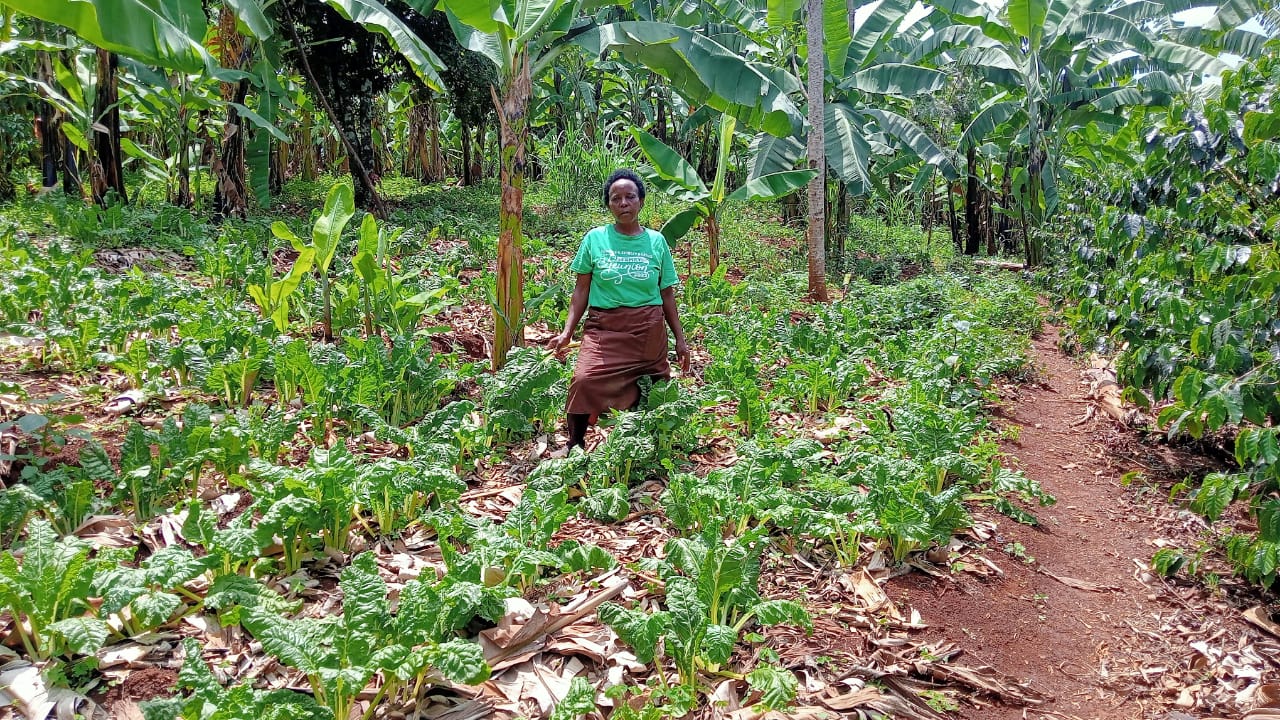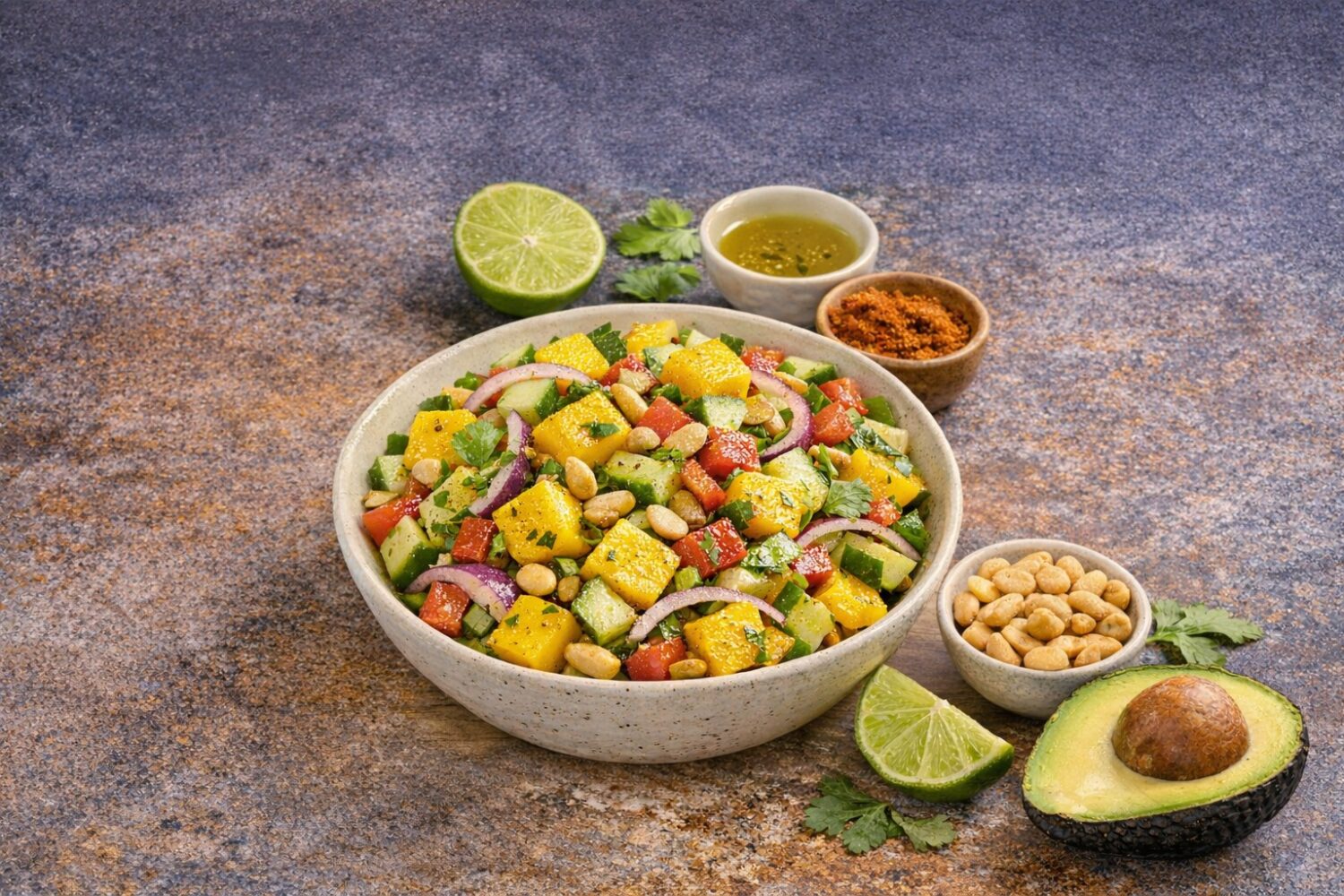When 56-year-old Edith Nyawira from Kirinyaga decided to eat healthy, she didn’t picture a scientific journal or a complicated diet plan. She wants to live long enough to see her children flourish. But each time she asked for advice, she got flooded with confusing words like “Mediterranean,” “DASH,” “anti-inflammatory,” or “longevity diet.”
Here’s what she needed to hear: a new study reviewing global eating habits has simplified things. There are eight eating styles scientifically linked to longer life, and many can be adapted into a Kenyan lifestyle without expensive or fancy ingredients.
Scientists analyzed diets worldwide and found eight patterns associated with longer life. These include the Healthy Eating Index, the Mediterranean Diet Score, DASH, which targets blood pressure control, the MIND Diet for brain health, the Healthy Plant-Based Diet Index, the Planetary Health Diet Index, an anti-inflammatory approach, and a low insulin-raising diet.
The names sound technical, but the principles are surprisingly straightforward. More plants, more fiber, less sugar, fewer ultra-processed foods, and moderate portions of healthy fats. The formula keeps showing up across continents and cultures.
Maureen Kahira, a Nairobi-based nutritionist, notes that “Kenyan indigenous greens and grains hold the same nutritional value and disease-preventive power as imported diets. We just need to appreciate them more.”
For Kenyans, it should not be about importing olive oil or learning to pronounce quinoa. It is about rediscovering what our grandparents already knew. Think more mboga on your plate: sukuma wiki, kunde, managu, and spinach. These greens deliver the same benefits as the Mediterranean or DASH diets that researchers celebrate in Western journals.
Whole grains like sorghum ugali, mtama, and millet porridge offer fiber and nutrients that white maize cannot match. Healthy oils matter, too, which means pan-searing or boiling rather than deep-frying everything in sight.
Legumes deserve more respect. Ndengu, beans, and njahi are affordable protein sources that support heart health and stabilize blood sugar. Meanwhile, cutting down on overly sweetened tea and packaged snacks can reduce your risk of diabetes and weight gain.
Fresh fruit like bananas, pawpaw, and oranges are nutrient-rich and widely available across the country. These aren’t exotic superfoods flown in from distant farms. They’re sitting in your local market right now.
According to nutritionist Emily Manthi, “Incorporating legumes and reducing refined sugars helps regulate blood sugar and lower the risk of lifestyle diseases, especially among middle-aged adults.”
Lifestyle diseases like high blood pressure, diabetes, and stroke are rising, especially in urban Kenya. A study conducted using the UK Biobank suggests that switching from an unhealthy diet to a longevity-friendly diet can add up to ten years of life. Ten years.
That is a decade of memories, milestones, and moments with the people you love. The science is clear, but the real power lies in how accessible these changes are.
Edith’s approach was simple. She has long battled diabetes, but after changing her diet following advice from diabetes specialist Dr. Erick Njega at the Agha Khan University Hospital, she reduced sugar in her tea, boiled meals instead of frying, and ate more leafy greens.
“It’s slow,” she says. “But I feel lighter, my sugar levels are on point, I sleep better, and I’m more present with my children.” She did not hire a nutritionist or join an expensive wellness program. She made small, consistent choices that aligned with her budget and her culture.
The truth is, you don’t need exotic ingredients to live longer. You don’t need to follow a rigid meal plan written by someone who has never tasted our local delicacies. With ugali ya wimbi, mboga kienyeji, chapo za brown, and less cooking oil, small changes today can make a big difference tomorrow.
Populations with longer life spans in the world aren’t obsessing over trends; they are eating real food, mostly plants and meat in reasonable portions. Kenyans can do the same, using ingredients that have always been within reach. Edith did it. So can you.












